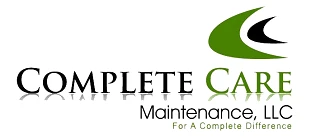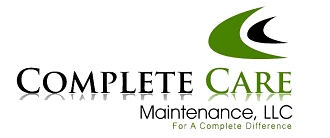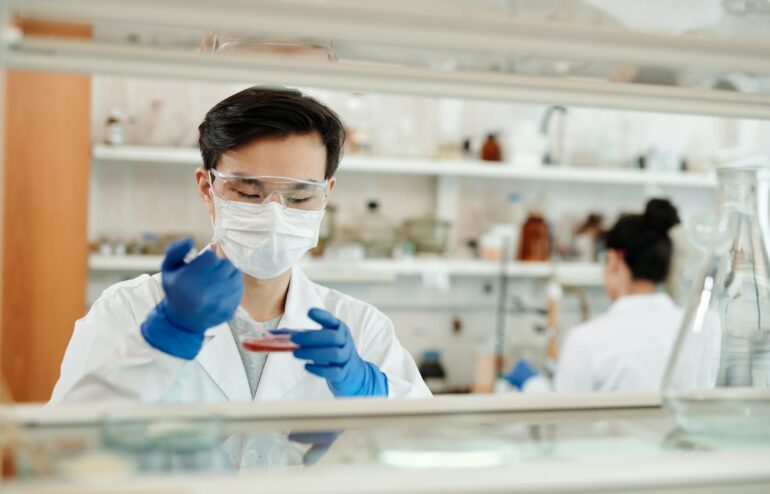UNDERSTANDING THE UNIQUE CLEANING REQUIREMENTS OF PHARMACIES
Pharmacies play a crucial role in our healthcare system, providing essential medications and healthcare products to patients. To maintain the integrity of these life-saving substances and ensure the safety of both customers and staff, pharmacies have specific and stringent cleaning requirements that go beyond typical commercial cleaning standards.
Infection Control
Pharmacies handle medications that are administered to patients, including those with compromised immune systems. Contamination of these medications can lead to serious health risks. Therefore, pharmacies must adhere to rigorous infection control measures.
Cleanroom Standards
Some pharmacies, especially compounding pharmacies, operate cleanrooms. Cleanrooms are highly controlled environments with low levels of airborne particles, microbes, and other contaminants. Maintaining these conditions is essential to prevent contamination of sterile medications.
Surface Disinfection
Pharmacy countertops, workstations, and prescription-filling equipment must be regularly cleaned and disinfected to prevent cross-contamination. Alcohol-based disinfectants are often used for these surfaces.
Prescription Filling Stations
The prescription filling area is a high-risk zone for contamination. Regular cleaning of pill counting trays, spatulas, and dispensing equipment is crucial.
Storage Areas
Pharmacies must maintain clean and organized storage areas for medications. Proper temperature control, cleanliness, and labeling are vital to ensure medication safety.
Pharmacy Shelving and Racking
Dust and debris can accumulate on shelves and racks, potentially contaminating medications. These areas should be regularly cleaned and sanitized.
Floor Care
Pharmacy floors must be kept clean and free of dust and debris. Regular sweeping, mopping, and floor disinfection are essential.
Hand Hygiene Stations
Pharmacies should provide accessible hand hygiene stations for both employees and customers. These stations should be regularly maintained and stocked with hand sanitizers or soap.
Ventilation and Air Quality
Pharmacies should maintain proper ventilation to control airborne contaminants. HVAC systems should be regularly cleaned and maintained to ensure clean indoor air.
Pharmacy Compounding
For compounding pharmacies, sterile compounding areas require meticulous cleaning and adherence to USP Chapter <797> standards to prevent contamination of compounded medications.
Emergency Cleanup Protocols
Pharmacies should have emergency cleanup protocols in place for spills and accidents involving hazardous or contagious substances. These protocols must be followed to minimize risks.
Regular Audits and Inspections
Regular audits and inspections are essential to ensure compliance with cleanliness standards, including those set forth by regulatory bodies like the FDA and State Boards of Pharmacy.
Pharmacies are more than just businesses; they are healthcare providers responsible for the well-being of patients. Maintaining a sterile and clean environment is not just a preference; it’s an obligation to protect public health. The unique cleaning requirements of pharmacies are designed to ensure the safety and efficacy of the medications dispensed and to prevent infections and contamination. By diligently adhering to these requirements, pharmacies play a critical role in safeguarding our health and well-being.
Complete Care Maintenance offers commercial cleaning services for pharmacies and medical facilities in New Jersey and Pennsylvania. We can help ensure that your pharmacy is clean and safe. Call or contact us today to learn more.




